Ensuring progress and fairness
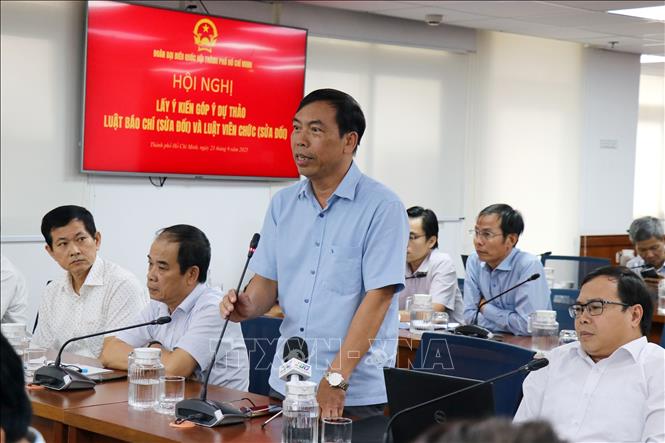
Commenting on the draft Law on Civil Servants (amended), Mr. Tran Quoc Hung, representative of Gia Dinh People's Hospital, said that the Law on Civil Servants 2010 stipulates that agencies and units are only allowed to unilaterally terminate labor contracts with civil servants and employees after 2 consecutive years of assessment of not completing tasks.
According to Mr. Hung, this regulation is causing difficulties for agencies because when evaluating an official who has not completed his/her tasks, the collective must consider very carefully, spend a long time giving comments and criticisms so that they can make changes, and only when there is no change will they come to the conclusion that they have not completed their tasks. After that period, the agency or unit must wait another 2 years before they can terminate the contract. There are cases where officials do not have the spirit to work but do not commit any specific violations, leading to an impact on general operations.
Commenting on the definition of civil servants as Vietnamese citizens, Dr. Nguyen Xuan Thuy, Deputy Chief of the Office of the Ho Chi Minh City Party Committee, recommended that it should be expanded to be consistent with Article 19 in the case of recruiting civil servants who have Vietnamese nationality abroad or who have foreign nationality in Vietnam (Clause 1). Article 15 should be supplemented: Public service units are allowed to recruit additional civil servants beyond the assigned payroll quota only when they balance their own salary funds, but must still report to the management agency for overall control. For Article 16, it is necessary to add regulations on policy priorities (ethnic minorities, meritorious people, talented people, etc.); regulations that "all fraudulent acts in recruitment will be strictly handled"...
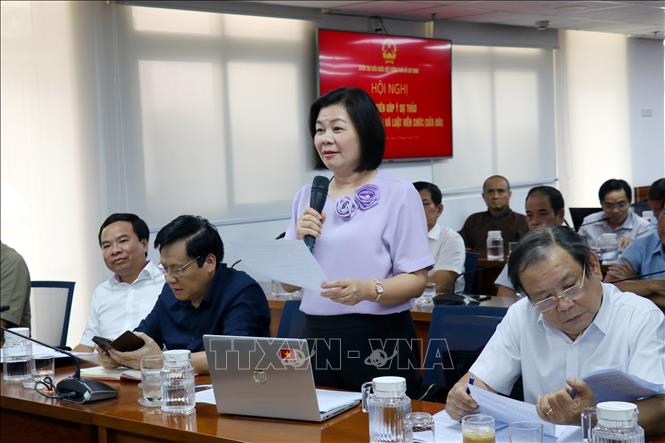
Regarding the issue of civil servants, Ms. Ly Viet Trung, Editor-in-Chief of Ho Chi Minh City Women's Newspaper, said that there is still a situation where employees in state press agencies are "outside" the civil servant recognition process, including the Editorial Board.
According to Ms. Trung, the recruitment of reporters and journalists in press agencies is very strict. Before being officially recruited, most of them spend a long time as collaborators, then sign a labor contract. During their work, they also have to implement KPIs like in other agencies and units. However, despite many years of commitment, achievements and many awards, many people are still only on fixed-term contracts.
From practice, Ms. Trung recommends that it is necessary to build a special civil servant regime for journalists, similar to that in the fields of health and education ; at the same time, it should be allowed to convert to civil servant contracts for those who have worked at the editorial office for 5 years or more, in order to ensure their legitimate rights.
Create opportunities for journalism to develop
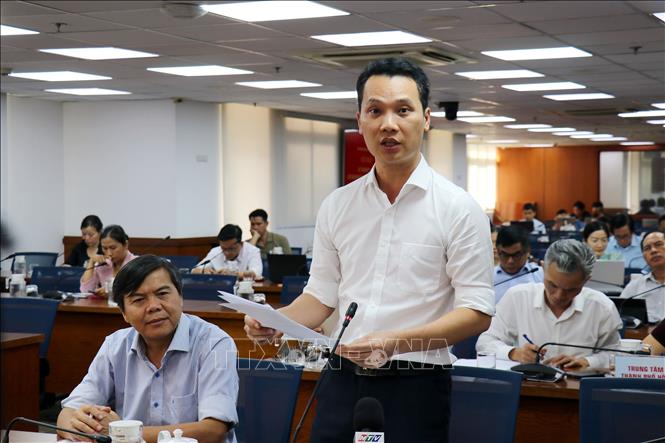
Commenting on the draft Law on Press (amended), many delegates emphasized the 4th industrial revolution, digital transformation, and implementation of political tasks, so most official press agencies really need support from the budget, creating conditions and diversifying press economic development activities.
Regarding the State's responsibility for the people's freedom of the press and freedom of speech in the press (Article 8), Dr. Nguyen Xuan Thuy proposed adding the following content: "The State has a policy to protect the safety of journalists and reporters working in accordance with the law." The Party's policy also emphasized the need to protect those who fight against corruption, including journalists. This provision has a declarative meaning, serving as a basis for the Ministry of Public Security and local authorities to take effective measures to protect journalists when necessary.
Clause 5, Article 9 of the draft Law on Press (amended) clearly states: “Information that negatively affects the position, prestige, and image of Vietnam; harms foreign relations and international cooperation…” is a new point compared to the old law. However, this phrase is quite broad and qualitative, easily interpreted, so it is proposed to amend it to prohibit “Posting or broadcasting false or distorted information that seriously affects the reputation and image of the country, or harms foreign relations…”.
In fact, the press has contributed to exposing many corruption and negative cases in Vietnam, which may initially "damage the image" of some organizations and localities, but in the long run help clean up the apparatus and enhance the country's reputation. If this clause 5 is misunderstood, there is a risk that some places will use "image influence" to hinder the press from fighting negative issues.
Sharing the same view, Mr. Mai Ngoc Phuoc, Editor-in-Chief of Ho Chi Minh City Law Newspaper, said that Clause 13, Article 9 prohibits “threatening, intimidating the life, causing injury or harm to health, insulting the honor and dignity of journalists and reporters; destroying, seizing equipment and documents, and preventing journalists and reporters from performing their professional activities in accordance with the law”. However, from practice, Mr. Phuoc suggested that it is necessary to add a clause on “prohibiting acts of threatening, attacking, and terrorizing journalists in cyberspace” because currently many journalists are being threatened in cyberspace.
Regarding the provision of information to the press, Clause 4, Article 32 of the draft Law has a new point that it is provided upon request of "Director of Provincial Police and equivalent or higher as necessary for the investigation...", however, the investigation has many stages, before initiating a case, there are investigation and verification activities; after initiating a case, documents will be collected according to the procedure... Therefore, it is necessary to clearly stipulate that "after the decision to initiate a case is made".
Regarding the deadline for responding to the press as stipulated in clauses 1 and 2 of article 33, Mr. Phuoc suggested that there should be regulations on sanctions if within 30 days there is no response to the press and the sanctions will be prescribed by the Government. The maximum response period of 30 days is also appropriate because the area is large and the case can be complicated, so it takes time to collect documents and evidence...
Source: https://baotintuc.vn/thoi-su/kien-nghi-xay-dung-che-do-vien-chuc-dac-thu-cho-nguoi-lam-bao-20250923213648969.htm















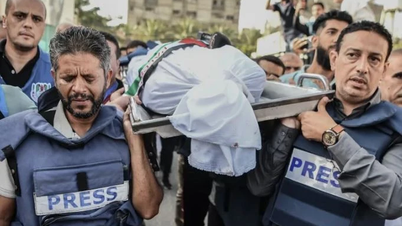
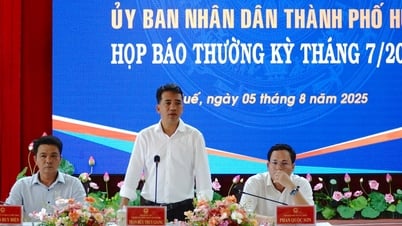


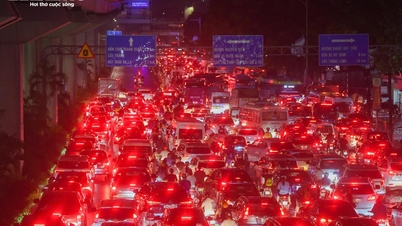

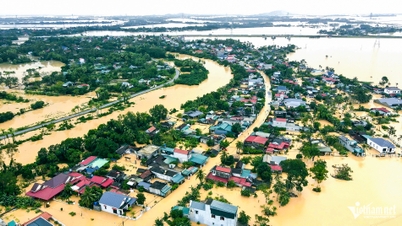

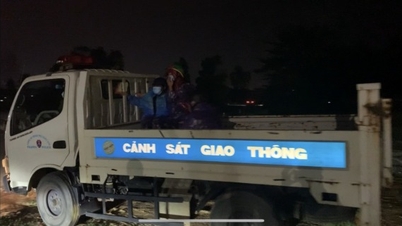
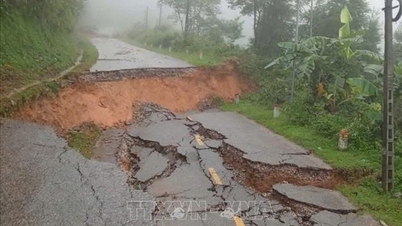
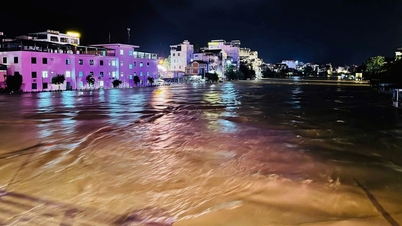






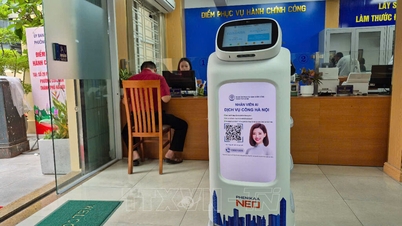
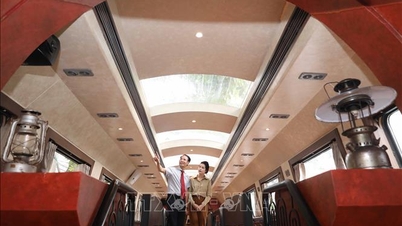

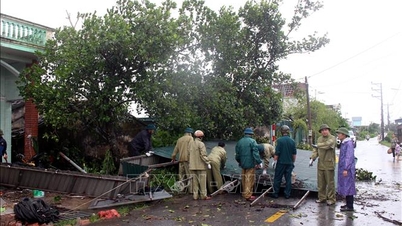
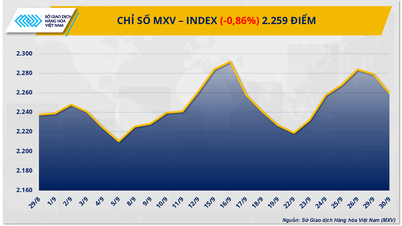
![[Photo] The 1st Congress of Phu Tho Provincial Party Committee, term 2025-2030](https://vphoto.vietnam.vn/thumb/1200x675/vietnam/resource/IMAGE/2025/9/30/1507da06216649bba8a1ce6251816820)
![[Photo] Solemn opening of the 12th Military Party Congress for the 2025-2030 term](https://vphoto.vietnam.vn/thumb/1200x675/vietnam/resource/IMAGE/2025/9/30/2cd383b3130d41a1a4b5ace0d5eb989d)
![[Photo] President Luong Cuong receives President of the Cuban National Assembly Esteban Lazo Hernandez](https://vphoto.vietnam.vn/thumb/1200x675/vietnam/resource/IMAGE/2025/9/30/4d38932911c24f6ea1936252bd5427fa)
![[Photo] Panorama of the cable-stayed bridge, the final bottleneck of the Ben Luc-Long Thanh expressway](https://vphoto.vietnam.vn/thumb/1200x675/vietnam/resource/IMAGE/2025/9/30/391fdf21025541d6b2f092e49a17243f)




















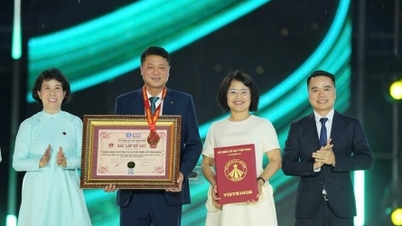
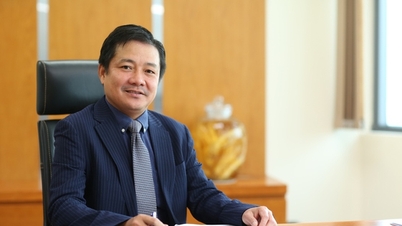
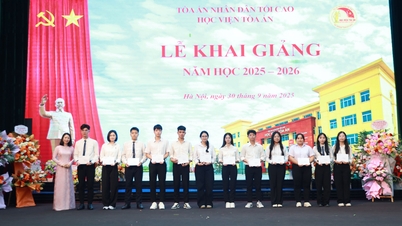

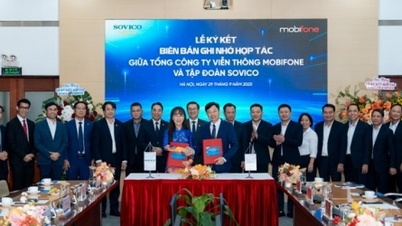
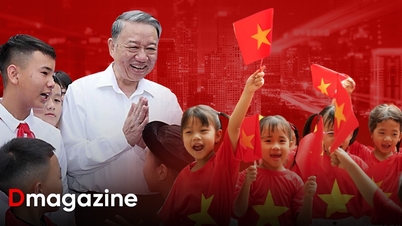

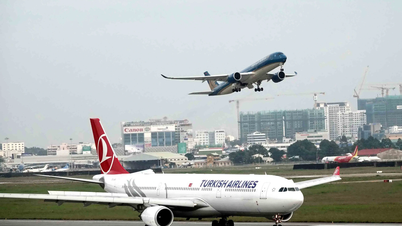
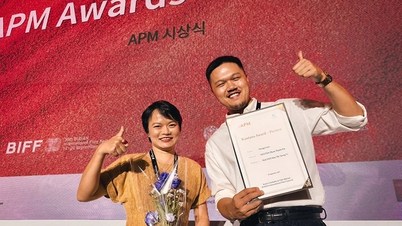


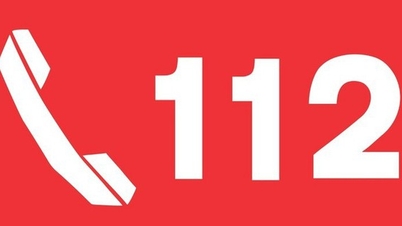




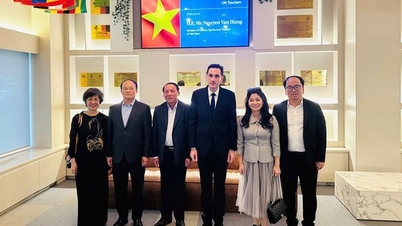
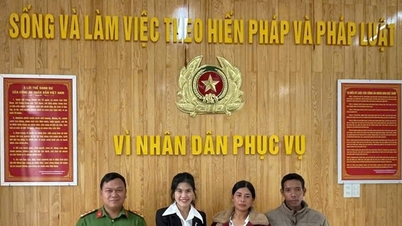

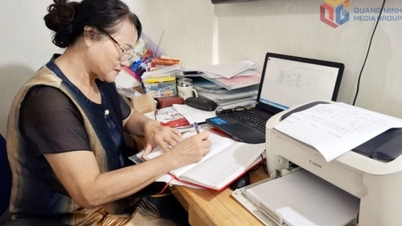



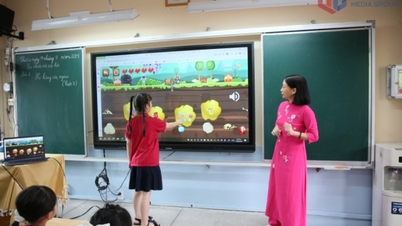
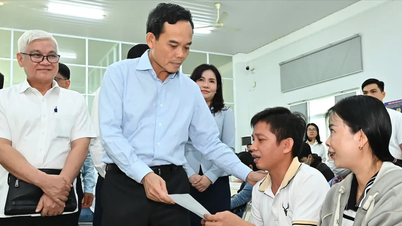
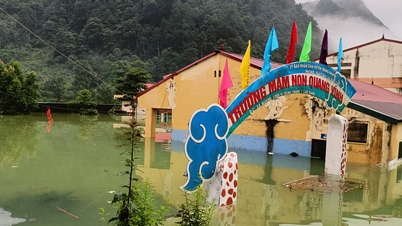














Comment (0)